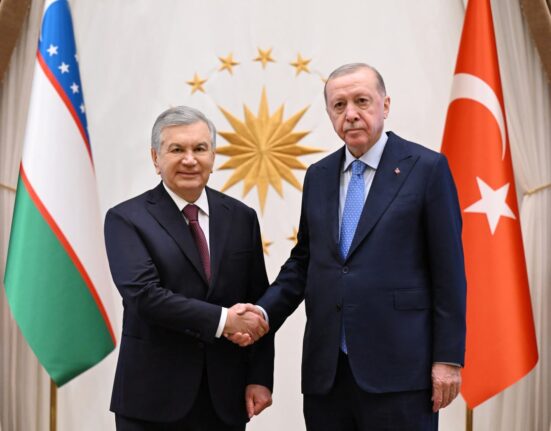To support Tajikistan’s smaller businesses, strengthen support for women entrepreneurs, improve energy efficiency, and boost housing finance, IFC — a member of the World Bank Group — is providing a $5 million loan in local currency to the country’s Bank Arvand.
This long-term financing will allow Bank Arvand, an IFC partner since 2019, to ramp up its lending to entrepreneurs who often struggle to access financing, as well as to micro and small enterprises, including those owned by women and those located in rural areas. The loan will also help increase microloans to low-income families across rural Tajikistan, helping them to build new homes or renovate existing ones.
Bank Arvand is a well-established financial services provider in Tajikistan, with a focus on supporting underserved individuals and micro and smaller businesses, particularly in rural regions. The company serves more than 58,000 borrowers throughout the country.
“Micro businesses and women entrepreneurs are a key part of Tajikistan’s economy. This financing from IFC will make it possible for more of them to access credit, and help them to expand and create jobs,” said Shoira Sodiqova, CEO of Bank Arvand. “In addition, we aim to help address the current lack of access to affordable housing finance.”
Small and medium enterprises (SMEs) contribute around 60 percent of Tajikistan’s GDP but, together with micro enterprises, face a financing gap estimated at around 20 percent of GDP, or almost $3 billion. Informal micro businesses also represent the main source of income for many who lack access to affordable financial products and services.
Housing finance is also scarce for many low-income households, especially in rural areas.
“By partnering with Bank Arvand, IFC aims to unlock opportunities for thousands of individuals and small businesses, including women-owned enterprises, while strengthening resilience in Tajikistan’s banking and housing sectors,” said Wiebke Schloemer, IFC Director for Türkiye and Central Asia. “This collaboration will also advance energy-efficient initiatives, fostering innovation and driving sustainable economic growth.”




